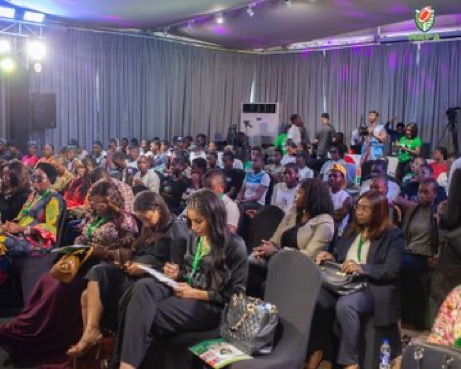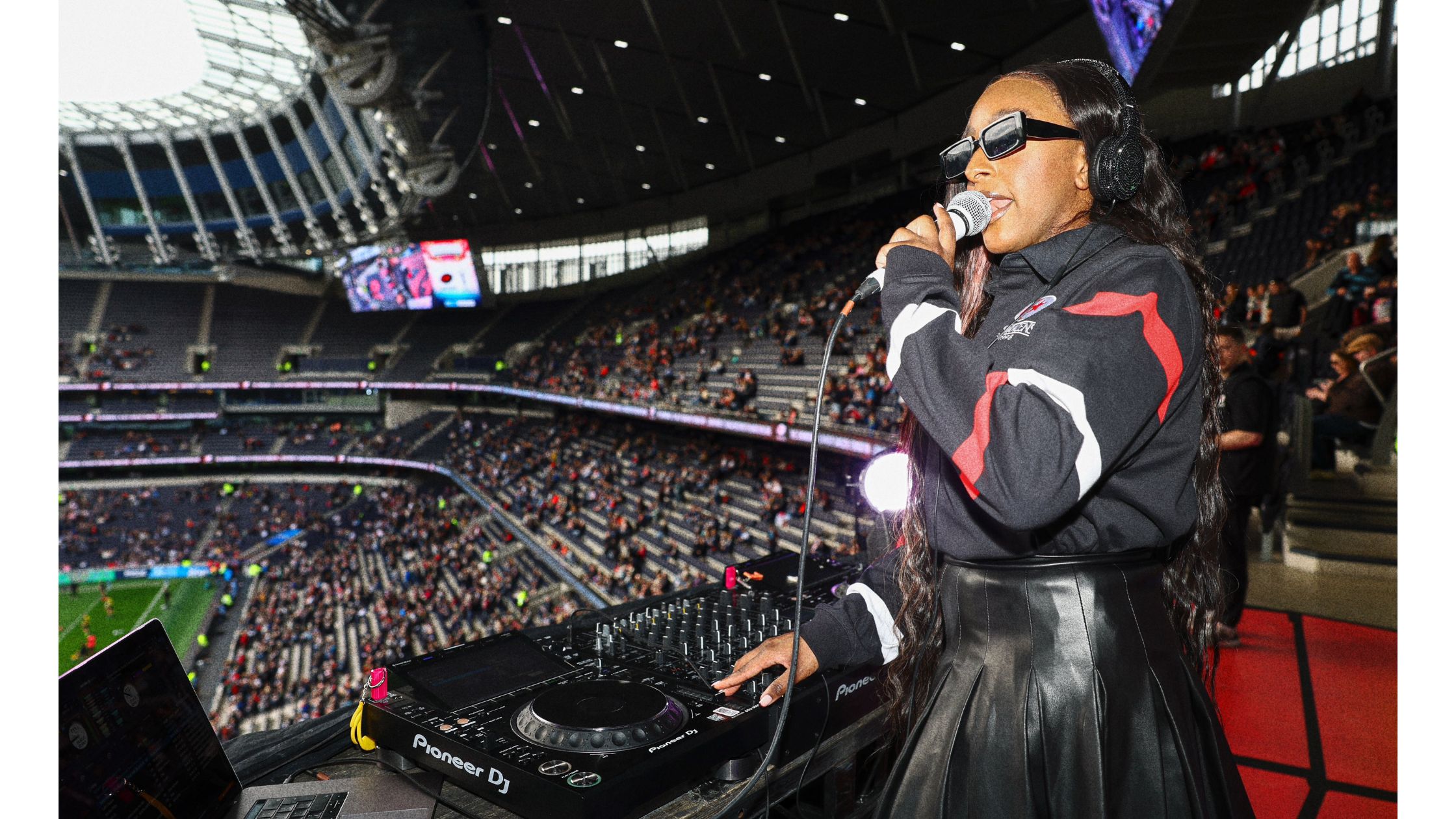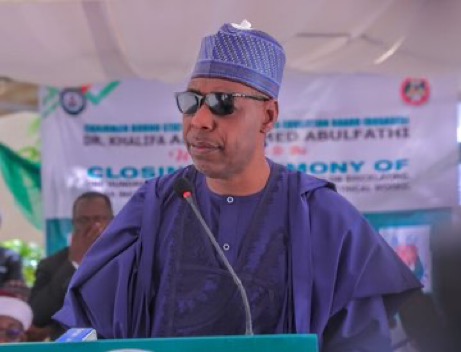Across the globe, women continue to face systemic barriers in leadership roles, from corporate boardrooms to political offices. While progress has been made in increasing representation, true protection and support for women in leadership require more than symbolic gestures,they demand structural change.
One of the key challenges is the persistence of gender bias, often subtle but deeply entrenched. Female leaders are disproportionately scrutinized, underpaid, and expected to conform to standards not applied to their male counterparts. Protecting women in leadership must involve actively dismantling these biases through education, policy reform, and cultural change.
Legal safeguards against workplace harassment and discrimination are essential but insufficient on their own. Organizations must adopt proactive measures such as mentorship programs, flexible work policies, and transparent promotion pathways. These create environments where women not only survive in leadership but thrive.
Equally important is the role of male allies and institutional accountability. Companies and governments must measure progress with data tracking gender diversity, pay equity, and retention rates and hold leadership accountable when targets are not met.
The visibility of women in power also plays a crucial role. Role models inspire and normalize the presence of women in decision-making positions. However, protection means ensuring these women are not isolated, overburdened, or tokenized.
In an era of global change, empowering and protecting women in leadership is not just a moral imperative, it’s a strategic one. Societies and organizations that elevate and support diverse voices are more resilient, innovative, and just.








Leave a Reply